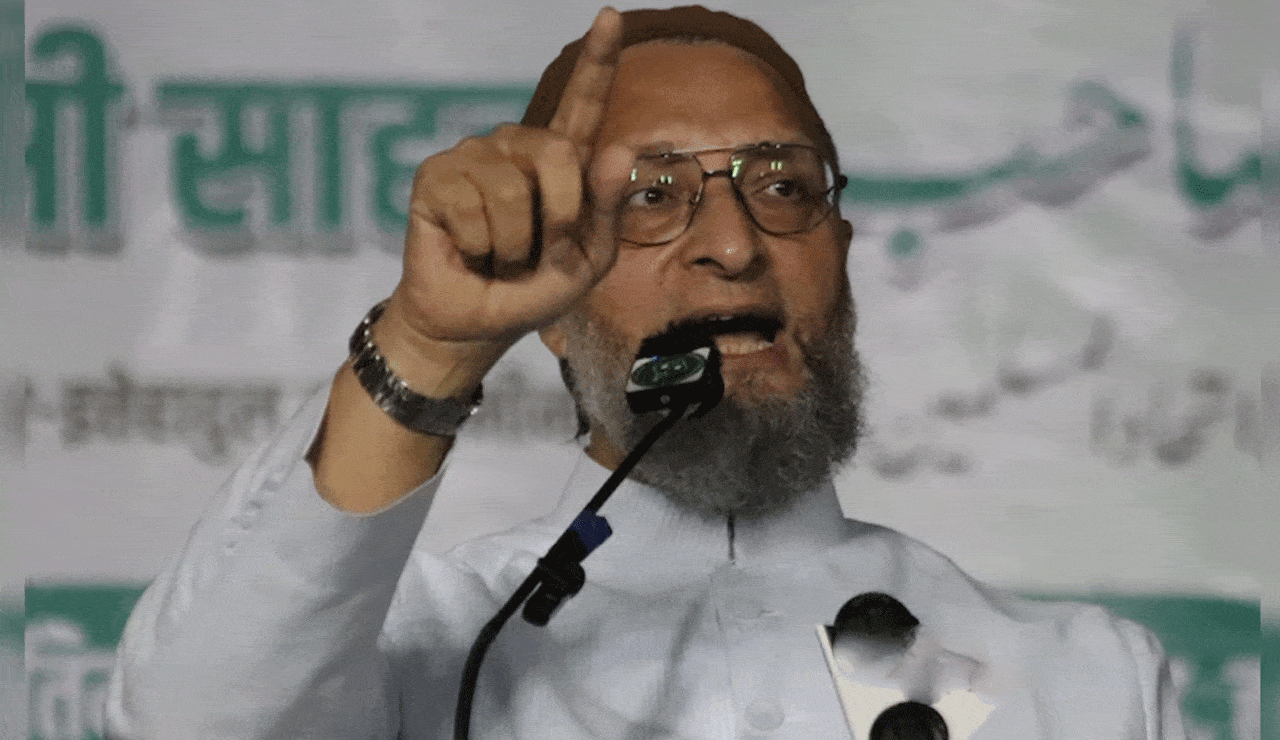Election Commission Conducting NRC Through Voter List Drive, Says Asaduddin Owaisi
AIMIM President Asaduddin Owaisi has raised serious concerns over the Election Commission of India’s (ECI) ongoing voter verification drive in Bihar, claiming it resembles a “backdoor NRC” that could disenfranchise millions of poor Indian citizens ahead of the upcoming state assembly elections.

Hyderabad: AIMIM President Asaduddin Owaisi has raised serious concerns over the Election Commission of India’s (ECI) ongoing voter verification drive in Bihar, claiming it resembles a “backdoor NRC” that could disenfranchise millions of poor Indian citizens ahead of the upcoming state assembly elections.
Table of Contents
In a strongly-worded post on social media platform X, Owaisi accused the ECI of introducing stringent documentation rules that mirror the controversial National Register of Citizens (NRC) process implemented in Assam.
Voter Verification in Bihar Like NRC, Claims Owaisi
Owaisi stated that under the new verification process, citizens must prove their own and their parents’ birth details using official documents — a requirement he described as unfair and impractical, especially in impoverished and flood-prone regions like Seemanchal.
Also read: Telangana Engineering Counselling 2025 Schedule Released: What You Need to Know
“To expect poor people to possess their parents’ documents is a cruel joke,” Owaisi wrote, warning that a large number of rightful voters could be removed from the electoral rolls unjustly.
Detailed Document Requirements Criticized
According to the new rules cited by Owaisi:
- Born before July 1987: Must submit one of 11 accepted documents proving their date/place of birth.
- Born between July 1, 1987, and December 2, 2004: Must submit proof of their own and one parent’s birth details.
- Born after December 2, 2004: Must provide documents for both parents’ birth details. If either parent is not an Indian citizen, passport and visa details are also required.
These complex document requirements, Owaisi argued, will make it impossible for many people — particularly the poor — to stay enrolled as voters.
Supreme Court Had Warned Against Arbitrary Voter Removal in 1995
Owaisi cited the 1995 Supreme Court judgment in the Lal Babu Hussein case, which ruled that:
- A person cannot be removed from the electoral roll without prior notice and due process.
- The burden of proof lies with the Election Commission, not the citizen.
- Citizenship cannot be judged solely by a fixed set of documents; all relevant evidence must be considered.
He stressed that the ECI is violating this precedent by rushing a massive verification drive without giving citizens adequate time or opportunity.
ECI’s One-Month Door-to-Door Drive ‘Unfair’, Says Owaisi
The Election Commission reportedly plans to complete the voter verification across Bihar within a month — a timeline that Owaisi criticized as unrealistic, given Bihar’s high population and low infrastructure connectivity.
“Bihar is one of the most populous and least connected states in India. It is not practically possible to carry out such an exercise fairly there,” Owaisi argued.
Bihar Assembly Elections Likely in October–November 2025
The Bihar Assembly elections are expected to be held later this year, in October or November, although the ECI has not yet made an official announcement. Owaisi’s warning comes at a time when election preparations are intensifying, and his statement is likely to stir political debate across the spectrum.
Call for Transparency and Inclusion
Owaisi’s allegations highlight growing concerns around voter disenfranchisement and electoral fairness, especially in marginalized regions. As the Bihar polls draw nearer, all eyes will be on how the Election Commission addresses these criticisms and whether any changes will be made to the voter verification protocols.
